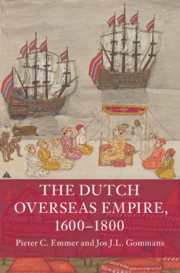This article offers a transnational account of the historical origins and development of the concept of ‘global psyche’ and transcultural psychiatry. It argues that the concept of universal, global psyche emerged in the aftermath of the Second World War and during decolonization, when West European psychiatry strove to leave behind its colonial legacies and lay the foundation for a more inclusive conversation between Western and non-Western mental health communities. In the second half of the twentieth century, leading ‘psy’ professionals across the globe set about identifying and defining the universal psychological mechanisms supposedly shared among all cultures (and ‘civilizations’). The article explores this far-reaching psychiatric, social and cultural search for a new definition of ‘common humanity’, relating it to the social and political history of decolonization, and to the post-war reconstruction and search for stable peace. It provides a transnational account of a series of interlinked developments and trends around the world in order to arrive at a global history of the decolonization of mental health science.


